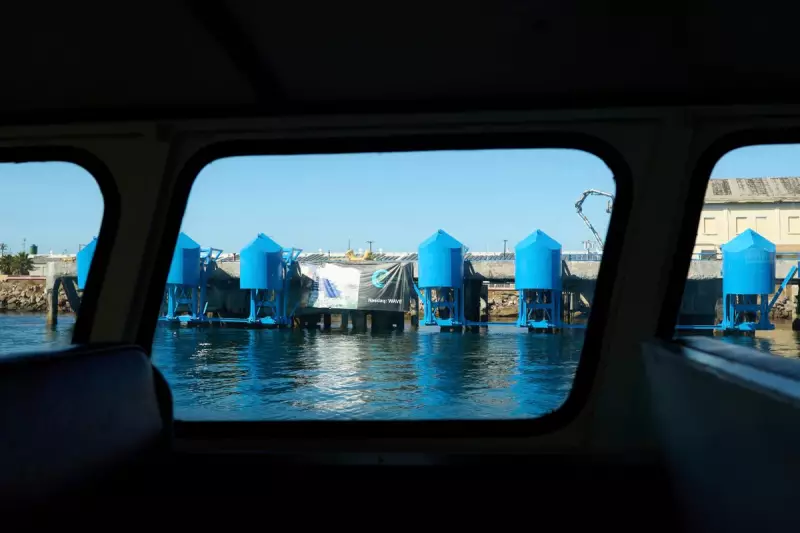
In a move that has sent shockwaves through the clean energy and logistics sectors, oil and gas behemoth Shell has abruptly terminated its ambitious hydrogen refuelling project for heavy-duty vehicles. The initiative was a cornerstone of efforts to decarbonise freight operations at major US ports.
The company confirmed this week that it has immediately ceased all operations of its hydrogen refuelling stations in California. This includes crucial hubs serving the ports of Los Angeles and Oakland, as well as ceasing construction on a planned facility in New Jersey.
A Sudden Strategic U-Turn
The decision represents a dramatic strategic reversal. Shell had heavily promoted its "Shell Hydrogen" venture as a key part of its commitment to evolving into a broader energy company. The refuelling stations were designed to support hydrogen fuel cell electric trucks, a technology seen as vital for cleaning up air quality in and around busy port complexes.
A spokesperson for the Port of Los Angeles, the busiest container port in the Western Hemisphere, expressed disappointment at the news. The move leaves a significant gap in the infrastructure needed to meet ambitious state and federal zero-emission targets for the freight industry.
Uncertainty for the Hydrogen Highway
Industry analysts are questioning what this means for the future of hydrogen as a fuel for road freight. The shutdown raises serious concerns about the commercial viability and Shell's long-term belief in the technology for this application. The company cited hydrogen supply complications and other external market factors as reasons for the closure.
This development is a major setback for manufacturers of hydrogen fuel cell trucks, who now face a critical lack of refuelling infrastructure for their customers. The future of heavy-duty transport's green transition now appears more uncertain, with stakeholders urging for alternative solutions and renewed investment to fill the void left by Shell's exit.





